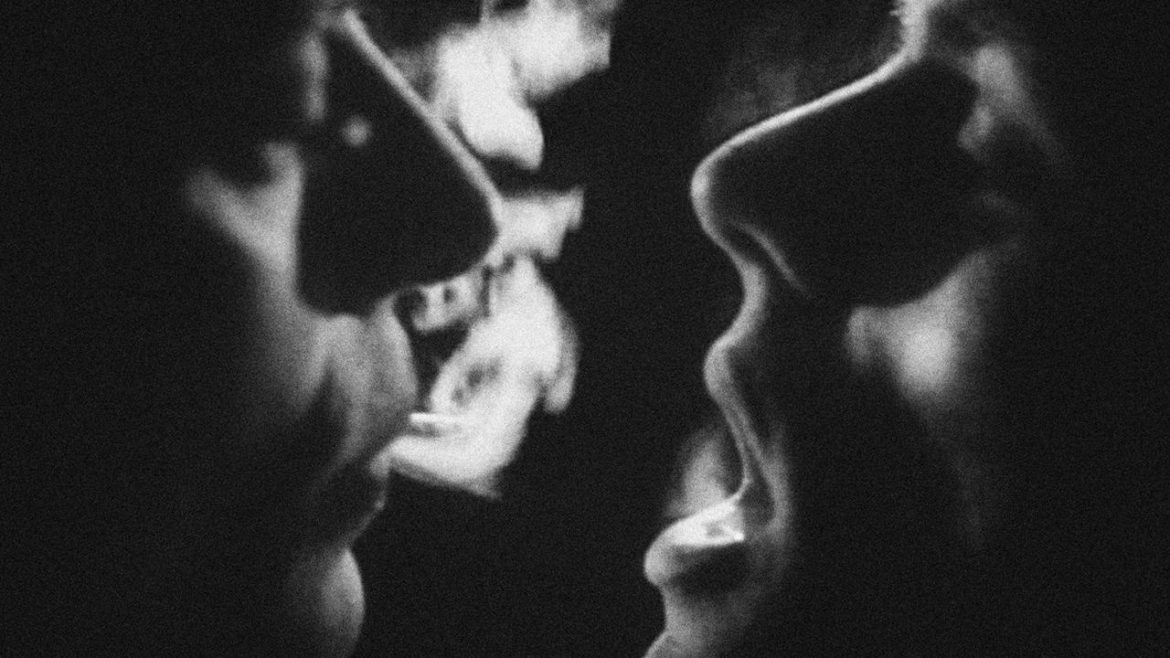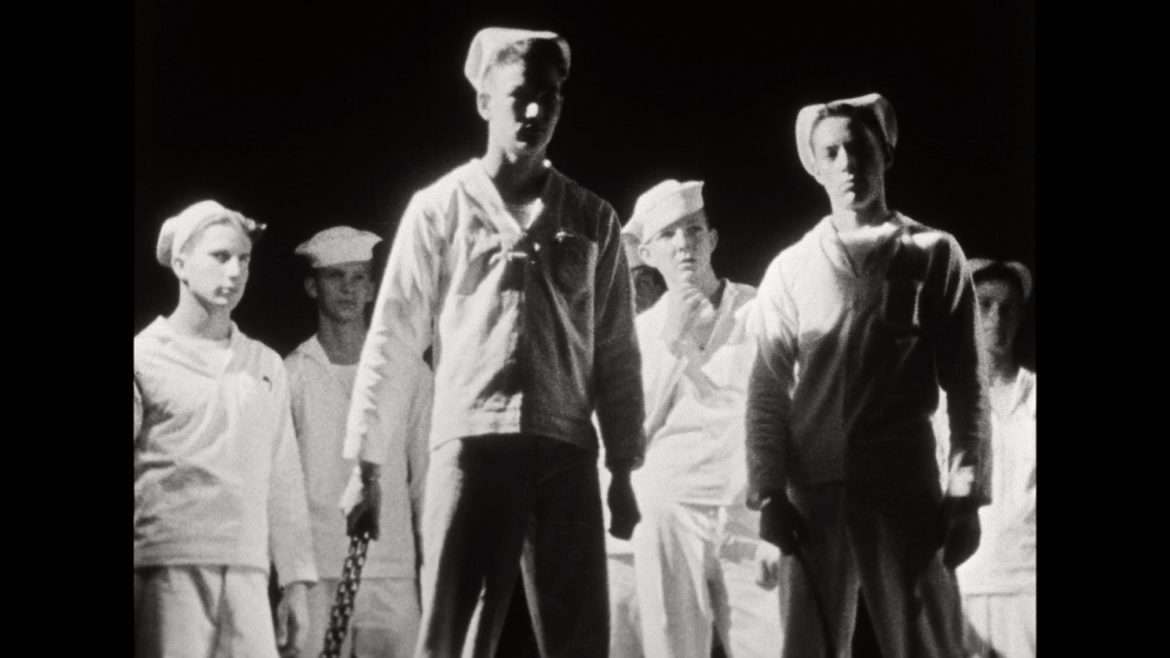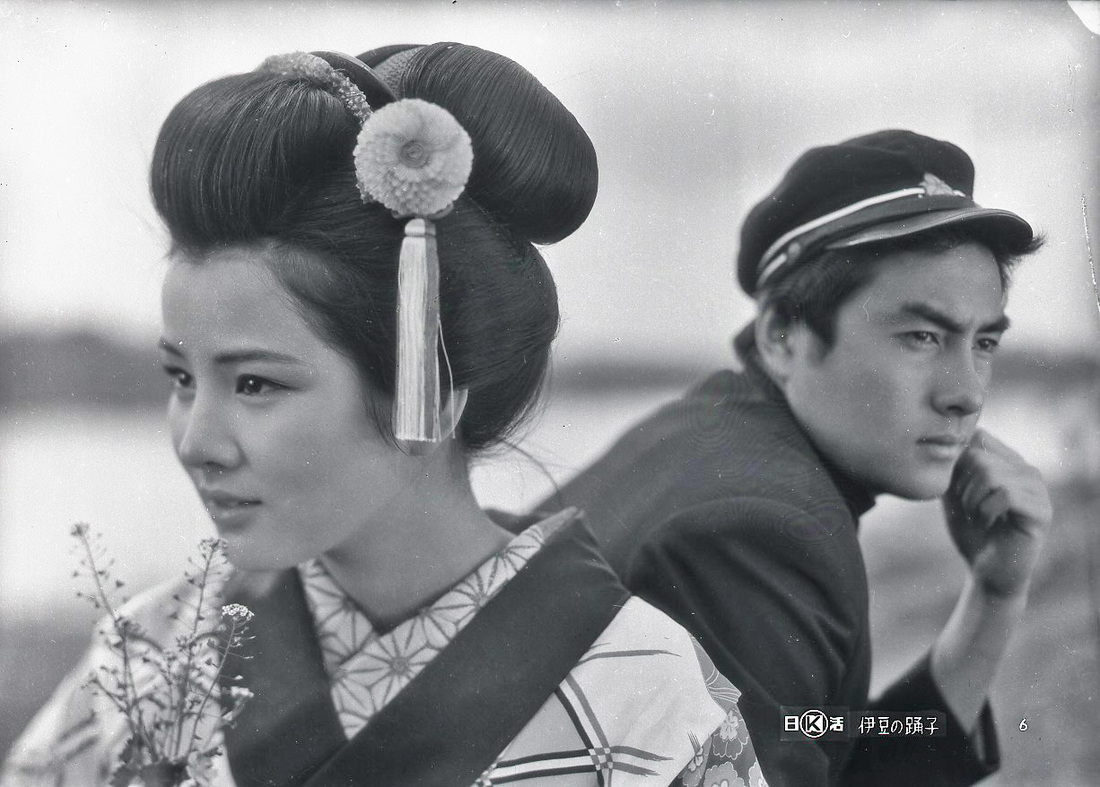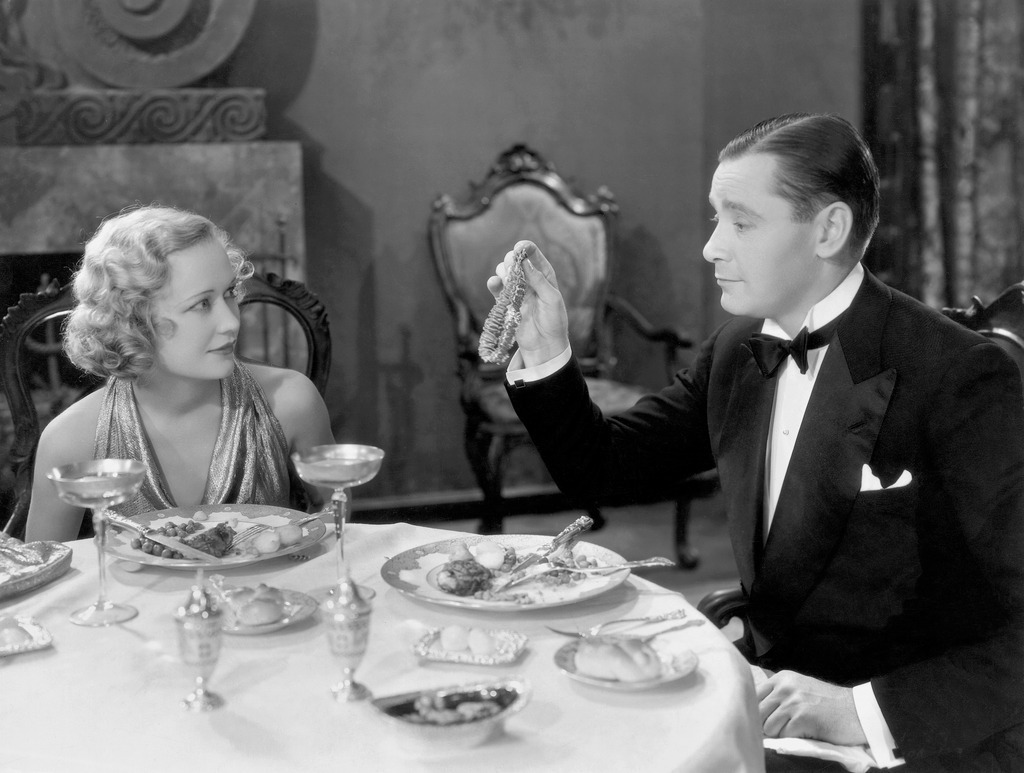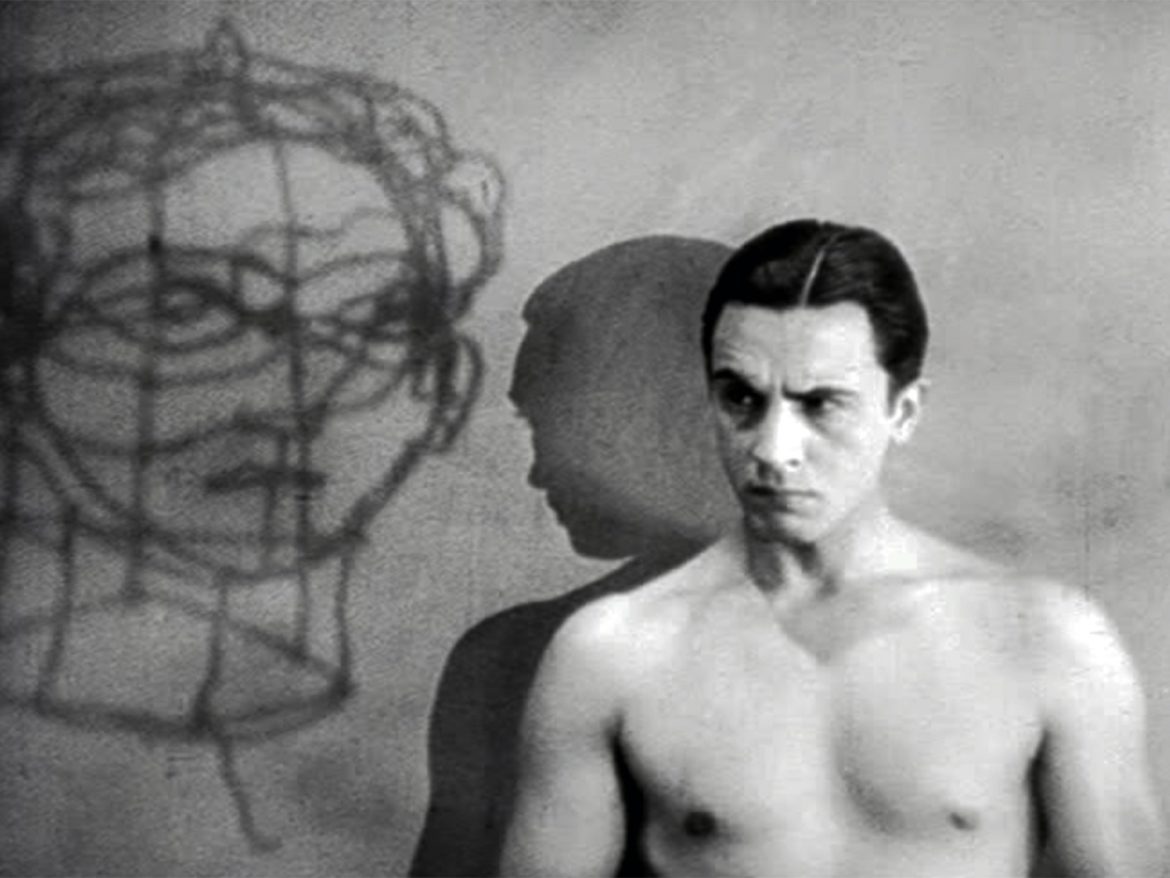It is an article of faith among your more generous cinephiles that you should never be embarrassed by the classics you haven’t yet seen. Everyone has blind spots, no one has time to see everything, and a gap in your viewing only indicates how much you have to look forward to!
Jean Cocteau
Un Chant d’Amour is Jean Genet’s only film: a 26-minute, black-and-white, imagistic collage and fantasy of ideas. It’s startlingly beautiful, sensuous, and animated by themes — homosexuality, transgression, dominance, voyeurism — that characterize all of the mercurial artist’s work.
The short is also fairly, and hilariously, summed up by Letterboxd user Tyler, as “Almost definitely the best film ever made about gay men masturbating in prison.”
Fireworks: Look Back On Kenneth Anger
Like his hero Jean Cocteau, Kenneth Anger is a mercurial and scandalous figure in 20th century art. An Aleister Crowley-influenced occultist, associate of counter-culture figures ranging from Mick Jagger to Charles Manson acolyte and convicted murderer Bobby Beausoleil, and author of the notorious Hollywood Babylon, a profoundly dubious book of gossip which The New York Times famously proclaimed to be “without one single redeeming merit,” Anger’s notoriety often threatens to overshadow his artistic output as an avant-garde filmmaker.
Part of an ongoing effort to watch a set of films from non-White, non-U.S., non-male, and/or non-straight filmmakers and depart a little from the Western canon. The intro and full list can be found here.
The narrative of “The Dancing Girl of Izu” is apparently a familiar one in Japan.
I’ve already covered my favorite films that came out in 2015. But that is only half the story. First-watches are at least as important, and probably more so.
Here are some of the films that meant the most to me that I saw this year, regardless of when they came out.
Part of an ongoing effort to watch a set of films from non-White, non-U.S., non-male, and/or non-straight filmmakers and depart a little from the Western canon. The intro and full list can be found here.
Jean Cocteau rejected the label “Surrealist.”


